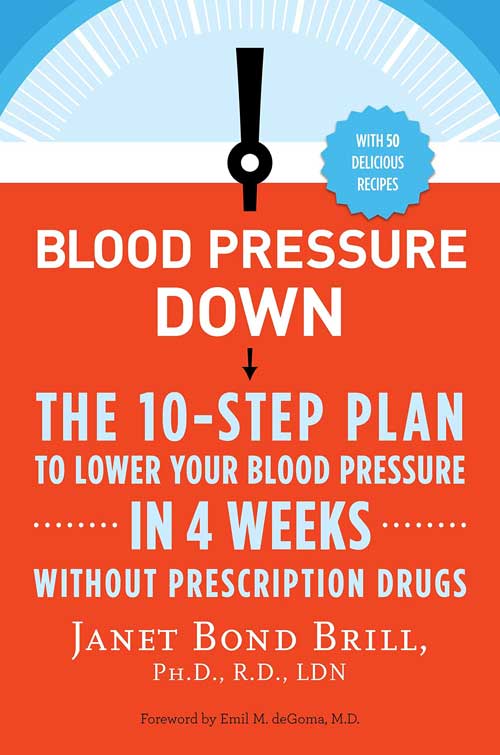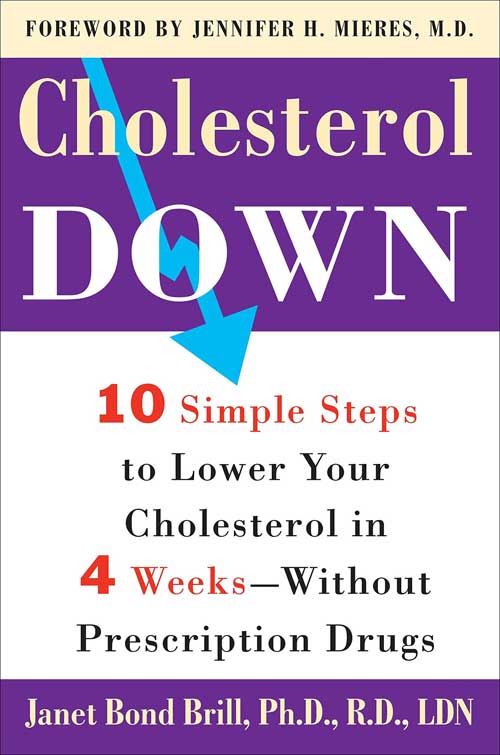By


High blood pressure isn’t necessarily a dangerous condition while pregnant, but it’s definitely something that you want to be on the lookout for so that you can better combat it before it becomes dangerous for you and your unborn child.
Pregnancy related hypertension isn’t uncommon. In fact, it happens in 10 to 12 percent of all pregnancies and ultimately results in doctors suggesting dietary changes and/or bed rest.
Often, the high blood pressure is derived from pre-pregnancy diet, exercise, and stress levels, but even normally healthy women sometimes experience hypertension while pregnant, even without a history for themselves, or their family.
The four main types of hypertension among pregnant women are: gestational hypertension, chronic hypertension, pre-eclampsia, and chronic hypertension with superimposed pre-eclampsia. Now, although these sound terrifying, most are solved with simple dietary changes, additional exercise such as walking, or ordered bed rest.
However, there are times when it can be dangerous, so it’s not something to be taken lightly.
What Should You Do to Prepare for Pregnancy?
For those who already suffer from high blood pressure (hypertension) it’s wise to schedule a preconception appointment with your physician or health care provider that will handle your child birth.
They may send you to a specialist (often a cardiologist) in severe cases to help you evaluate how well you’re managing your blood pressure and to advise you on simple treatment options you may need to consider before pregnancy. Often this is weight loss, medication, or dietary changes such as cutting out salty foods.
What If I’m Already Pregnant?
Your physician will often prescribe dietary changes and/or bed rest as opposed to the traditional hypertension medication that you would have received pre-pregnancy. In addition, it’s not uncommon for them to suggest inducing you a few days before your due date to avoid complications.
If you have developed pre-eclampsia it often means you skip the vaginal delivery altogether in exchange for a C-section. For those that have developed severe pre-eclampsia, it’s often necessary to take a prescription medication to avoid the risk of seizures during labor.
What About the Baby? Are There Tests to Ensure He/She is Healthy?
There’s currently nothing available to test for hypertension in utero, but when you”‘re unhealthy, it doesn”‘t necessarily mean that your baby will be.
There are many tests available for your unborn child from amniocentesis, additional ultrasounds, CVS tests, or cell-free DNA tests. The cell free DNA tests are designed to look for trisomy 21 (Down Syndrome), trisomy 18 (Edward Syndrome) and trisomy 13 (Patau syndrome) by using just a small amount of blood from the expectant mother.
Lab results are available in your healthcare providers office within 5 days from the date the lab receives the sample and these tests are available as early as week 10 of your pregnancy. Ask your doctor what, if any, tests he or she recommends.
Unhealthy parents often carry genetic markers that brand babies with a sort of precursor to a wide range of sicknesses, disease and conditions later in life. Years past saw limited options for expectant mothers, but there are multiple tests available nowadays to screen for a wide variety of birth defects or genetic abnormalities. Mothers with increased risk criteria such as hypertension, advanced age, or a familial history for certain genetic conditions should ask their healthcare provider what sorts of testing is available.











